Hair issues
Quick snap from some random alley somewhere. Who is the product in question suitable for?

 143
143
 85
85
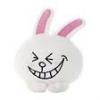 61
61
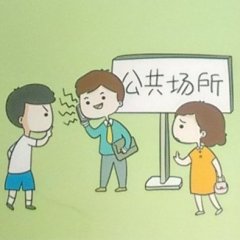 11
11
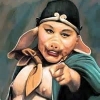 8
8
 8
8
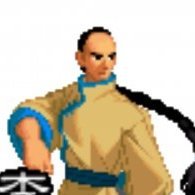 6
6
 4
4
 4
4
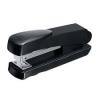 2
2
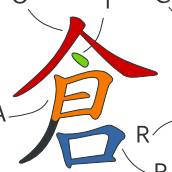 2
2
 2
2
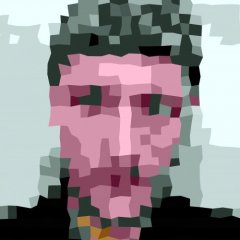 1
1
Quick snap from some random alley somewhere. Who is the product in question suitable for?
14 Comments
Recommended Comments